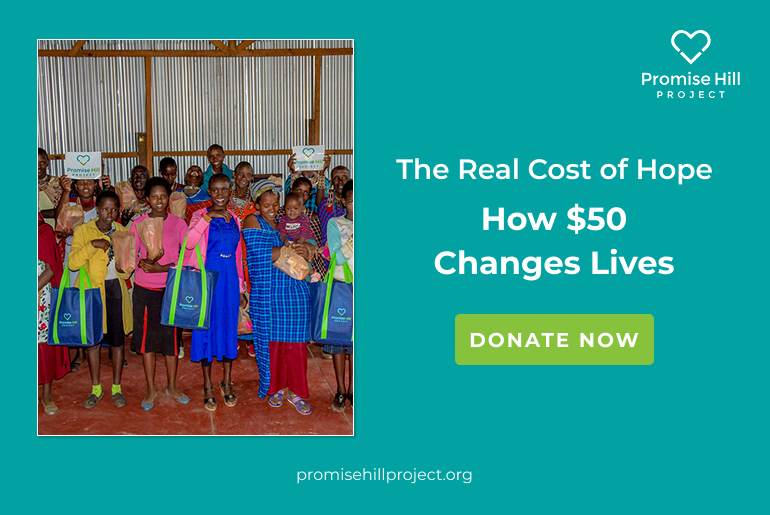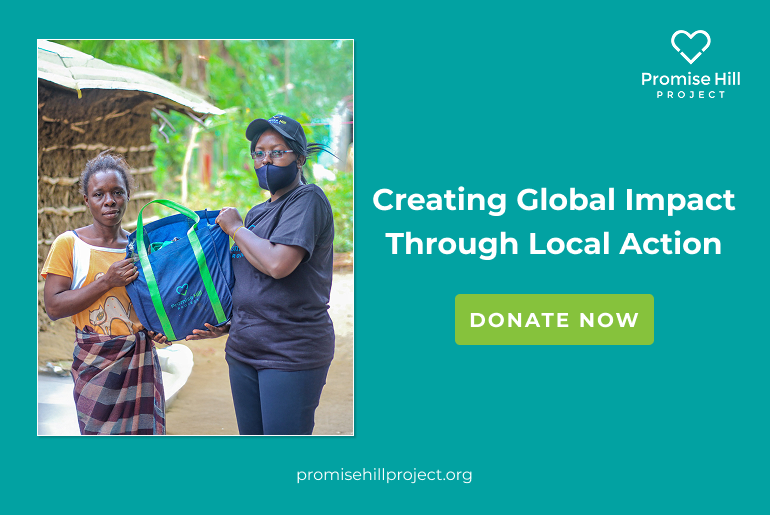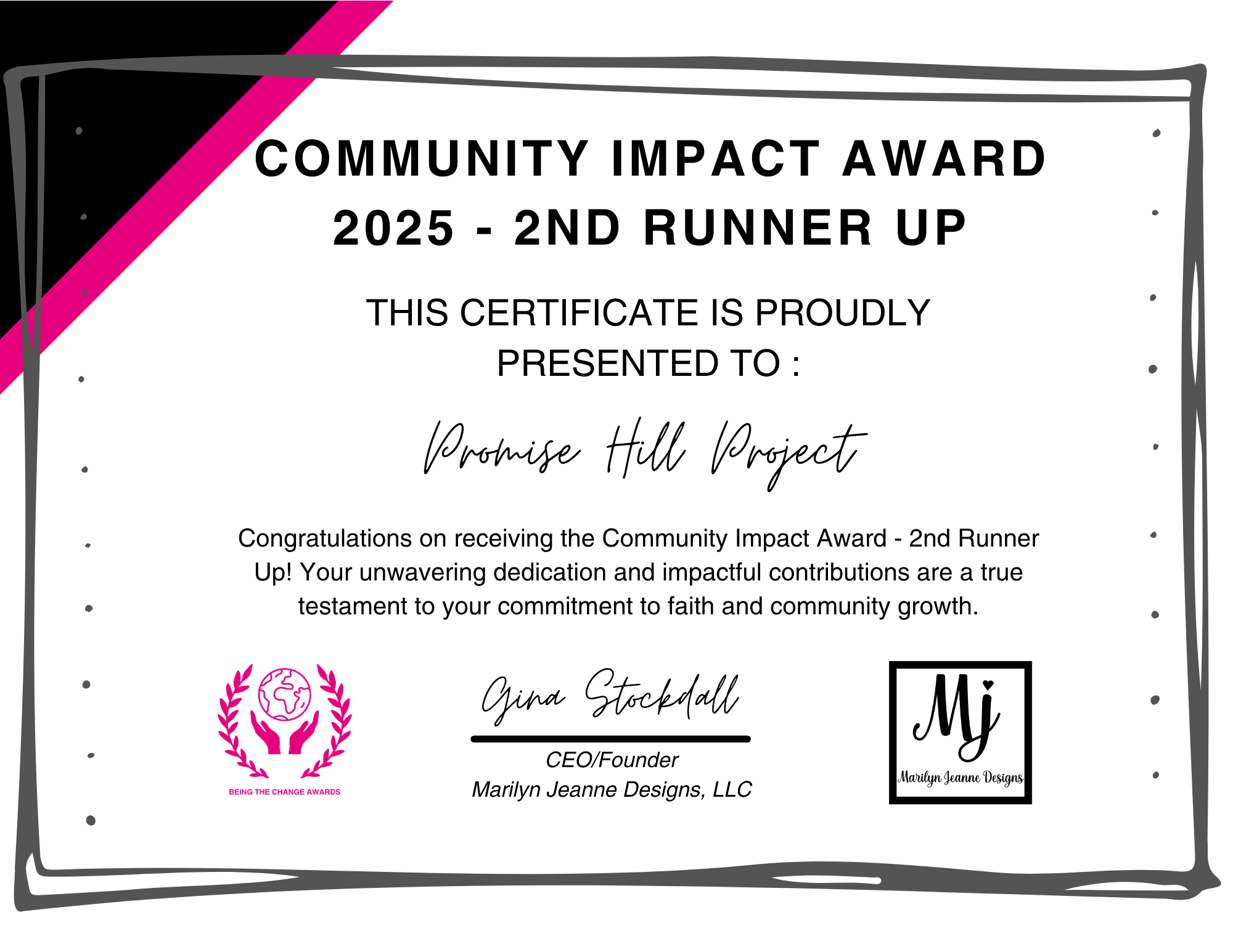Menstruation is a natural and essential part of life for half of the world’s population. Yet, many girls across America face significant challenges when it comes to managing their periods at school. This issue is more than just a matter of comfort; it directly impacts their education, health, and emotional well-being.
The problem of period poverty, defined as the lack of access to menstrual products due to financial constraints, affects millions of girls in the U.S. According to a recent study, nearly 1 in 5 American girls have either left school early or missed school entirely because they did not have access to the necessary menstrual products. Another survey found that 45% of teens felt stressed and self-conscious during their periods, demonstrating the urgent need for accessible and free period products in schools.
Breaking the Stigma of Menstruation
Menstruation remains a taboo subject in many parts of the world, and even in the United States, the stigma can negatively impact girls’ confidence and participation in school activities. Often, girls feel embarrassed to ask for products, fearing judgment or ridicule.
Schools play a critical role in shifting this narrative by normalizing menstruation and ensuring that period products are readily available without shame or stigma. Providing feminine hygiene products helps create a culture of understanding and support, helping young girls feel safe and confident during their menstrual cycles.
Health Implications of Inadequate Access
The lack of access to proper menstrual hygiene products isn’t just inconvenient—it can be dangerous. Without proper sanitary supplies, girls may use unsafe alternatives like rags, tissues, or even toilet paper, which can lead to infections, rashes, and other health risks.
In some cases, prolonged use of tampons or pads due to scarcity can increase the likelihood of Toxic Shock Syndrome (TSS), a life-threatening condition. Providing schools with menstrual hygiene products reduces these risks, promoting better health for all students.
Promise Hill Project’s Commitment to Change
At Promise Hill Project, we understand how critical it is to address this issue, which is why our Basic Needs Program includes providing feminine hygiene products to schools.
We have successfully installed an Aunt Flow period products dispenser at Miami Trace High School and North Dallas High School, ensuring hundreds of girls have reliable access to period products throughout the year. With this initiative, we’re helping the girls at these schools maintain their health and dignity and focus on their education without unnecessary disruption.
Our impact doesn’t stop there. We plan to expand this initiative, helping even more girls who struggle with access to basic hygiene supplies. Each donation from supporters like you makes a difference in the lives of these students.
Education and Empowerment Go Hand-in-Hand
Lack of menstrual hygiene products doesn’t just affect health—it also affects a student’s ability to learn. Girls who experience anxiety about managing their periods without proper supplies may feel distracted, embarrassed, and less able to concentrate in class.
In some cases, girls may even avoid school entirely, leading to gaps in their education and long-term consequences for their academic future. By providing menstrual products, we remove these barriers, empowering girls to focus on their studies and remain confident during their periods.
How You Can Help
Promise Hill Project is committed to ending period poverty in schools, but we can’t do it alone. We need your help to continue this mission.
By donating to our Basic Needs Program, you’re making it possible for more girls to access the basic hygiene items they need to thrive at school.
No girl should have to miss class because she doesn’t have access to feminine hygiene products. Together, we can ensure that every girl has the opportunity to succeed.
Do your bit and help us end period poverty and create lasting change for young girls.
More to read in Promise Hill Project Blog
Homeless Women and Menstrual Hygiene: The Crying Need for Period Products
The Importance of Providing Menstrual Hygiene Products to Underserved Communities

 DONATE NOW
DONATE NOW

 SPONSOR
SPONSOR






